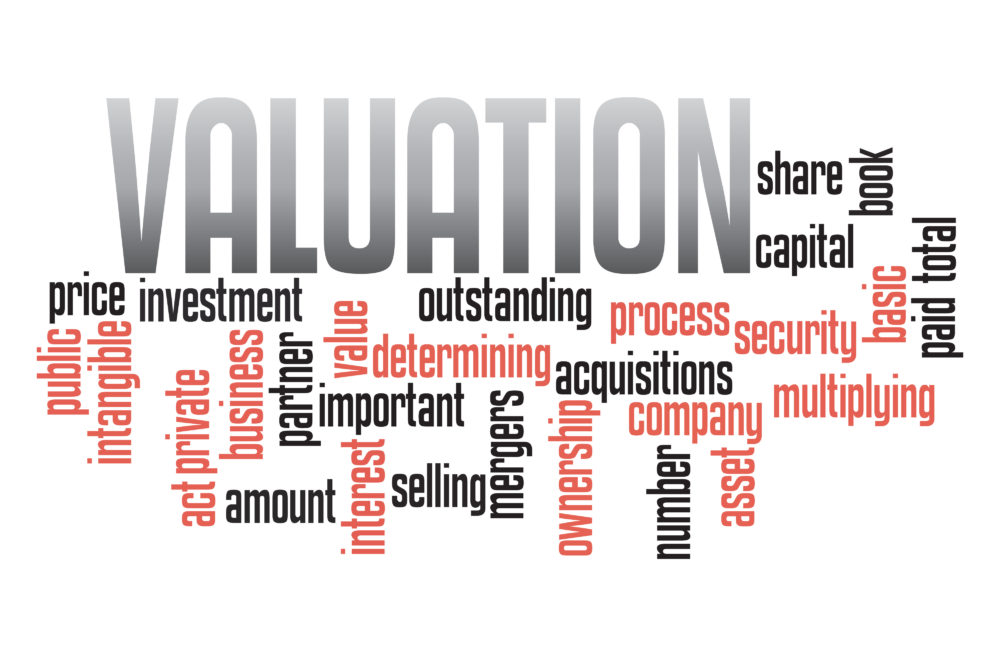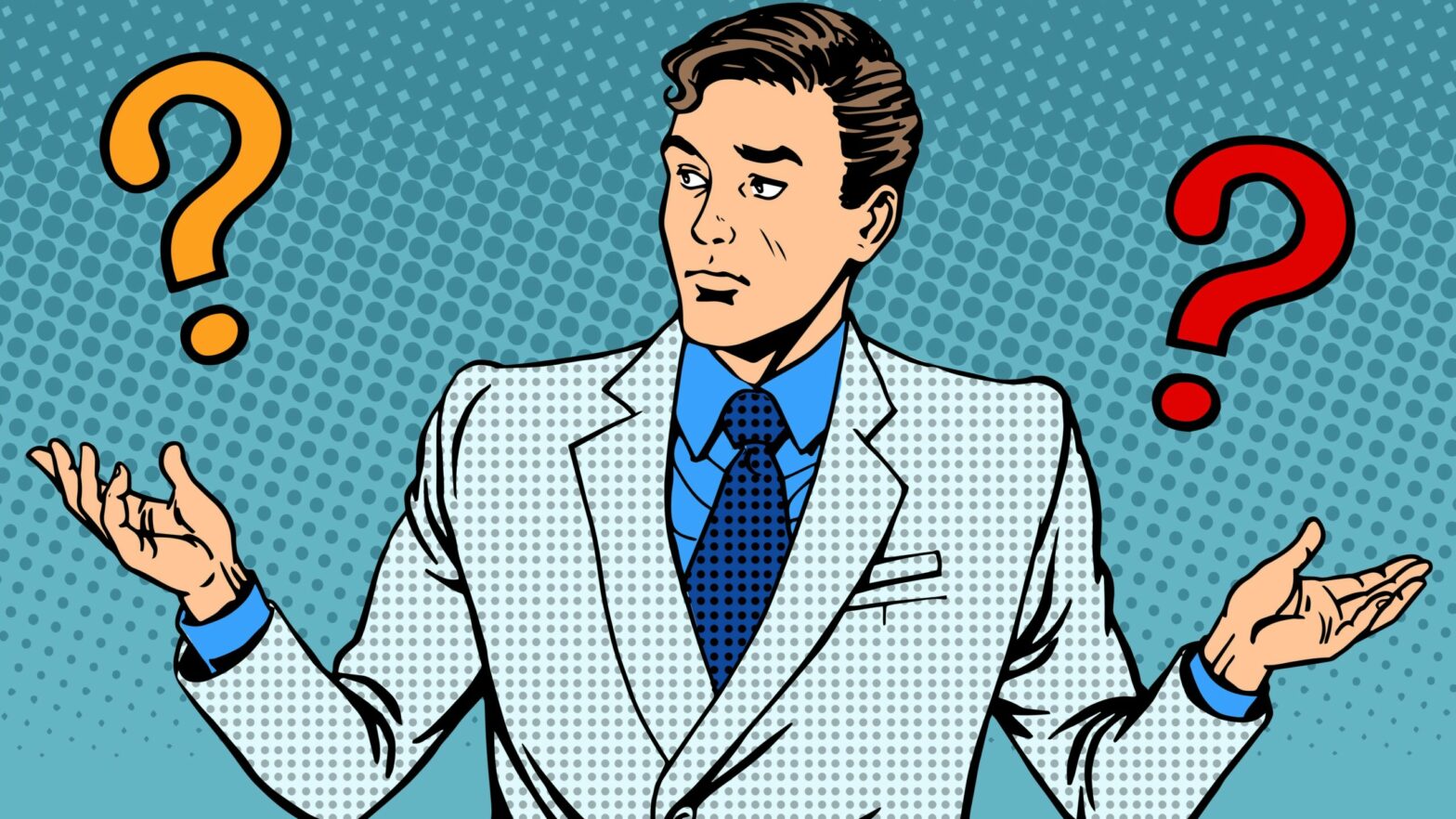In an earlier article we covered how to manage staff when purchasing an existing business. In this edition we are focusing on how to find a business.
There are two ways you can buy a business: you can purchase an existing one or choose a franchise. Whichever way you choose it can seem like a quick way to get off to a flying start. But you will still need to do rigorous planning and research, as if you were starting a business from scratch.
Off the peg
If you want to buy an existing business a good place to start looking is in newspapers or magazines where businesses are advertised for sale, such as the Financial Times, The Times and Sunday Times Classified. Magazines such as Dalton’s Weekly and Exchange and Mart also carry ads for businesses for sale. Dalton’s website, has more than 13,000 businesses for sale.
If you are thinking of buying a retail business, estate agents are another source of information. You will be able to find details of local estate agents in a phone directory such as the Yellow Pages.
Alternatively you can try advertising yourself in local newspapers or trade magazines, specifying the type of business you wish to buy. You can also contact the larger accountancy firms, which have divisions specialising in helping people buy businesses.
“Spend as much time as possible researching the sector you are interested in. The biggest problem people encounter is not knowing what type of business they want to buy. You should also be able to transfer relevant skills into the business you are buying,” advises Marcus Markou, founder and director at businessesforsale.
Choosing a franchise
A franchise can offer you a business that is already established but it comes with both advantages and disadvantages, some of which are detailed below. The Lloyds TSB Small Business Guide covers the pluses and minuses of buying a franchise in more detail, which will help you weigh up your choice.
The pros
If the business format has been well worked out and tested in the pilot operation, you can side-step many of the problems experienced in setting up a business. This reduces your risk factor and you also receive on-going advice and support that can be particularly beneficial if you have very little business experience.
The cons
However while a franchise is your own business, you are still expected to act in the best interests of other franchisees and the franchisor, who is entitled to visit your business at any time to examine your business records.
You could find this both irritating and restrictive. You may also not like the fact that part of your profits will have to go each year in a payment to the franchisor, on top of an initial fee that you have to pay.
If you decide to choose a franchise, your first port of call should be the British Franchise Association, where you can access a Franchisee Information Pack with advice on choosing and evaluating a franchise and a list of professional advisers. The pack costs £29.
If you need help deciding whether or not to buy a franchise, check out the high-street banks, some of which have franchise units which will give you independent advice.
Make sure you seek the advice of an accountant and a solicitor, who can help with any queries you may have about the franchise you are looking to buy.
Questions you should ask are: Is this the first franchise to be sold and, if not, how many have been sold? How long have other franchises been going for? If possible, try and visit other franchisees.
Questions to ask
When you find a business you are interested in buying, it is important to ask to look at the accounts, the business plan and areas such as patents, and to find out as much as you can about the customer base – a process known as due diligence. This will help when it comes to valuing the business.
“Above all do not be pressured into a time frame – as a buyer you must give yourself as much time as possible to understand the business, and to look at both the advantages and disadvantages. Do thorough research on the business’ history and leave no stone unturned,” advises Markou.





